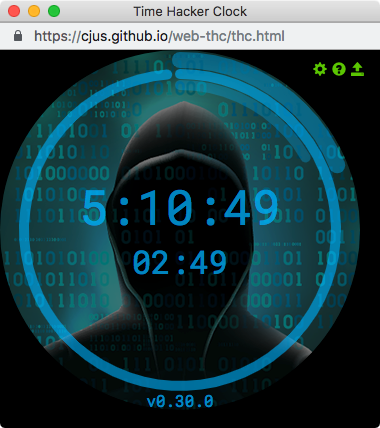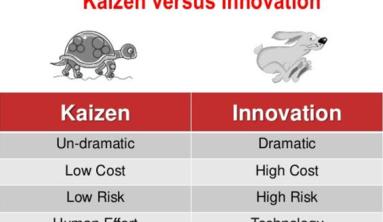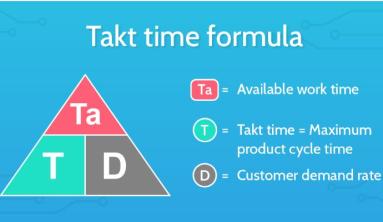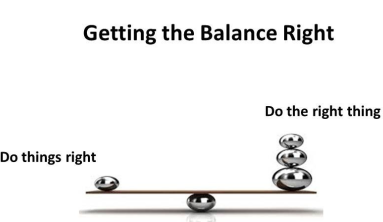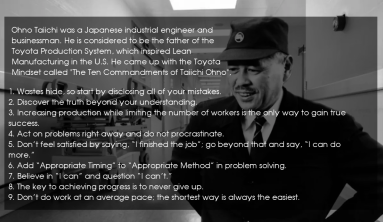If you’ve read about the Time Hacker Method (THM) you may have wondered why 15 minutes was chosen for the length of a micro-task. Why not 45 minutes or an hour? Isn’t 15 minutes just too short to complete a meaningful task?
This is where time hacking takes a turn. We humans experience time from our own perspectives and the concept of shared time is inaccurate at best. The effects of this are well documented by researchers in the field of time perception — a branch of study in psychology and neuroscience.
All of us can relate to differences in time perception. Whether it’s little Timmy repeatedly asking “are we there yet?” on the family road trip, or co-workers wondering how we ever find time to continuously crush it. Or when time seems to fly while we’re having fun. Clearly, time does not appear to be the same for questioner as for the questionee.
The truth is that we view time through the lens of our perceptions and emotions. Because of this, time can be seemly hacked. Just remember there is no spoon. Then you’ll see that it is not the spoon that is bending — it is only yourself.

I can share a brief personal example.
The game of Chess is generally considered to be a slow game — which requires deep thought in order to be well played. I’ve enjoyed playing chess for most of my life and particularly enjoy speed chess where each player has five minutes in order to complete all of their moves. Contrast that with the 2–3 minutes per move in a standard tournament game and the thought of having only a dozen or so minutes to play an entire game seems absurd.
The thing I enjoy most of about speed chess is the momentary flash of insight where you’re able to see a string of moves leading to a win. I’m amazed by how much one can see in such a brief amount of time. After such a game, players can be overheard speaking about motives, plans, themes, changes in landscape and missed opportunities.
How is it that 10 minutes (five minutes per player) is enough time to complete an entire game of chess? And why does time seem to slow down for chess players, martial artists and other athletes? The reason, science tells us, is that when we’re highly focused on a task our minds are able to process more information during that time. This, in turn, results in a perception that time slows or that there’s more available time.
So under the right circumstances, a 15 minute time chunk is much longer than it might seem. However, it is actually enough time to accomplish a properly structured micro-task, but not long enough to lead to unfocused effort. You’ll need to be focused and free from distraction, otherwise, the time block will expire before you’ve done.
This approach isn’t new and essentially uses a technique called time boxing — which has been proven to have numerous benefits. For example, Timeboxing forces us to focus and stay on track.
Timeboxing also prevents the rabbit hole or the lost in the weeds effect where a significant amount of your time is spent trying to complete a task which you’re ill-prepared for.
You can also use timeboxing when the inevitable distraction comes about. Timeboxing allows you to set 15 minutes to deal with the distraction before restarting a time block.
Another reason for choosing 15 minute blocks is the time period requires dedicated and sometimes intense focus. Under those conditions, longer time periods might be mentally exhausting. It’s best to work up to longer periods.
You’ll be surprised by what you can accomplish in 15 minutes once you set your mind to it!
